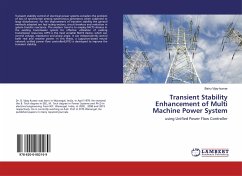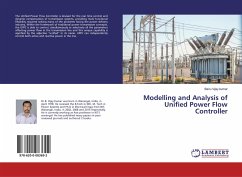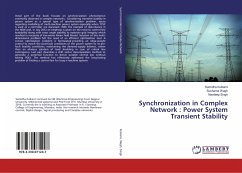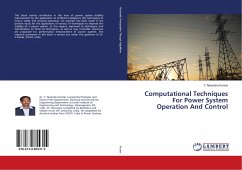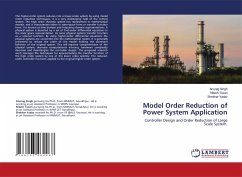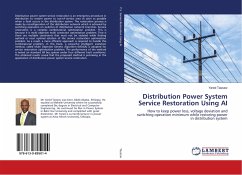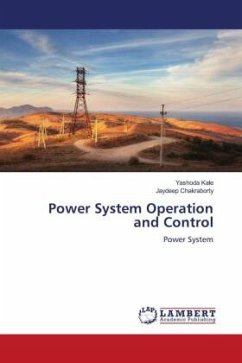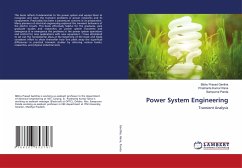Transient stability control of electrical power systems considers the problem of loss of synchronism among synchronous generators when subjected to large disturbances. For the improvement of transient stability the general methods adopted are fast acting exciters, circuit breakers and reduction in system transfer reactance. The modern trend is to employ FACTS devices in the existing transmission system for effective utilization of existing transmission resources. UPFC is the most versatile FACTS device, which can control voltage, impedance and phase angle. It can independently control both real and reactive power. In this thesis, a Lyapunov-based neural network unified power flow controller(UPFC) is developed to improve the transient stability.

